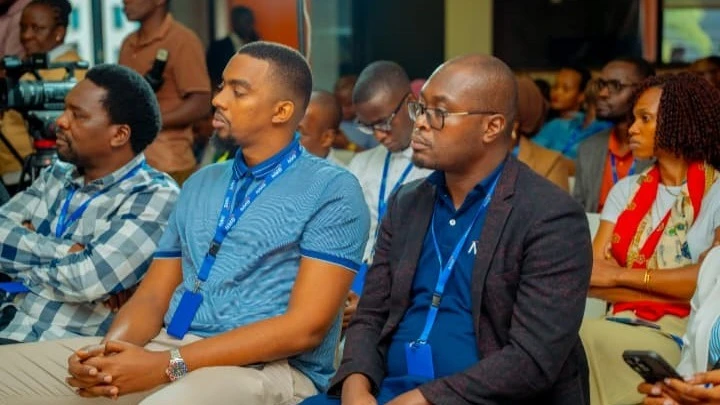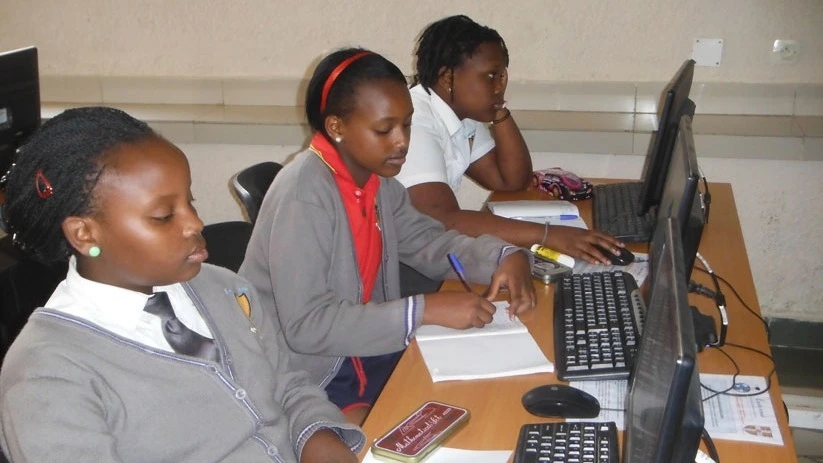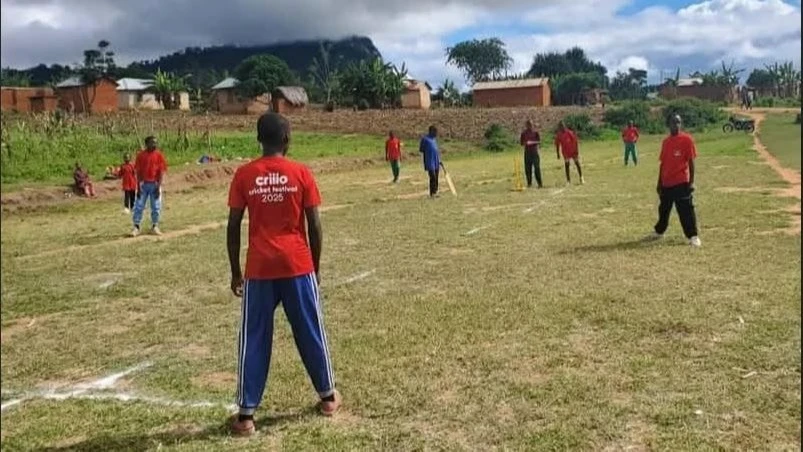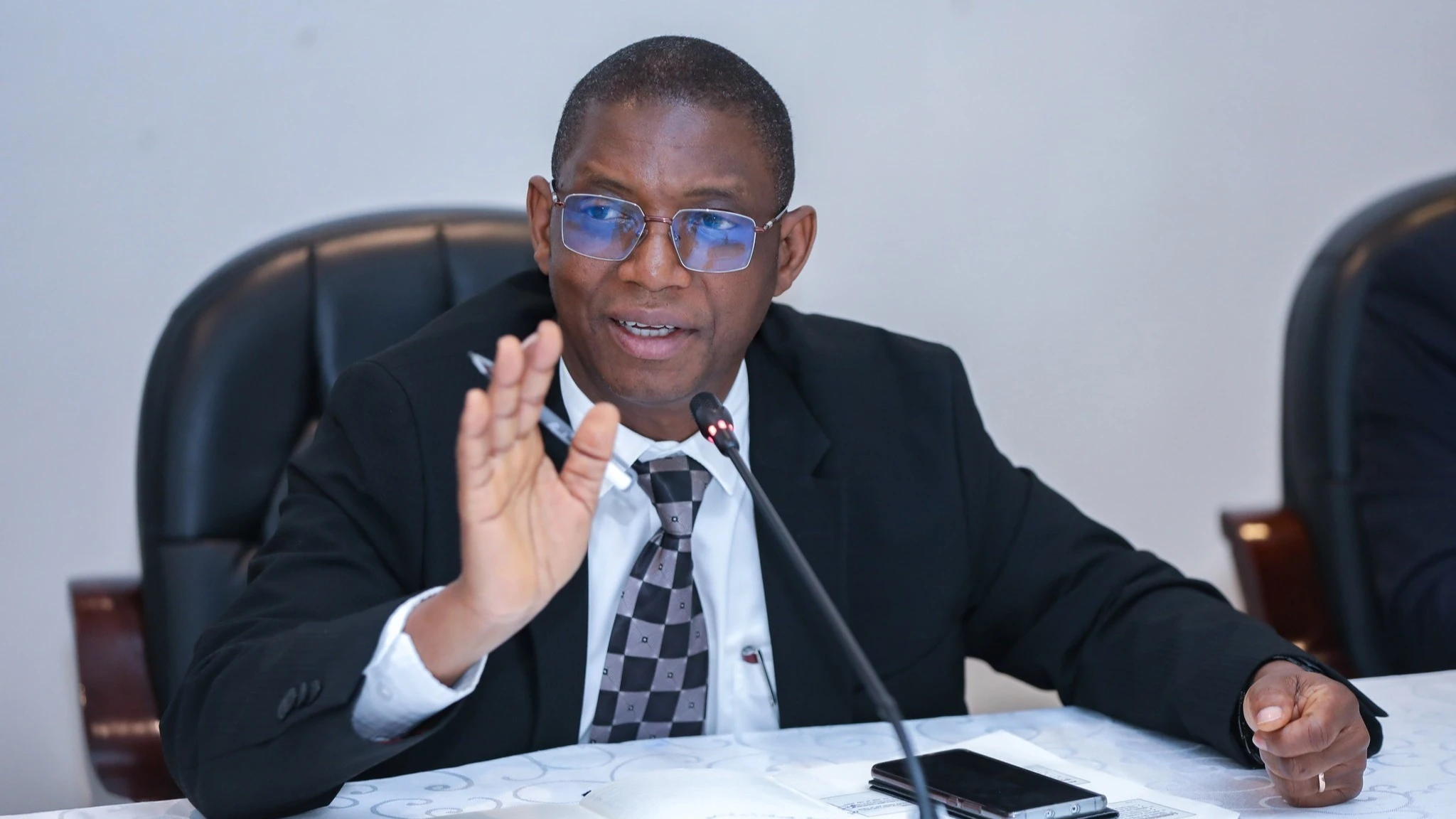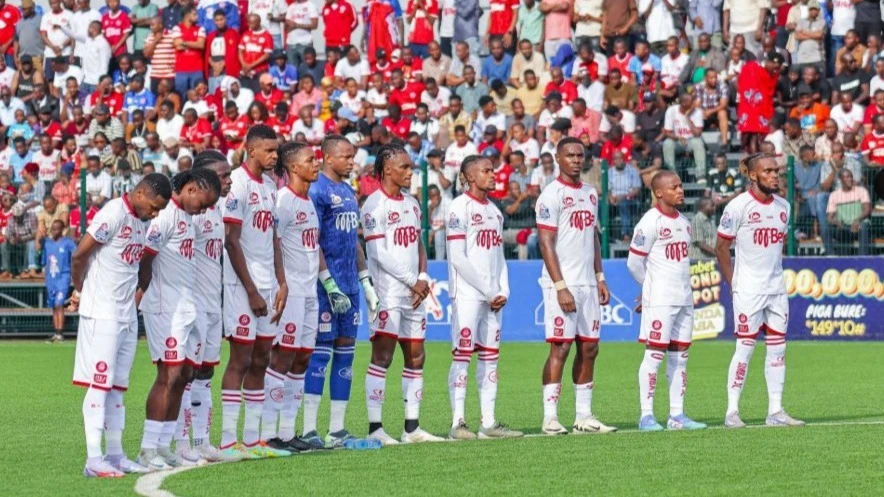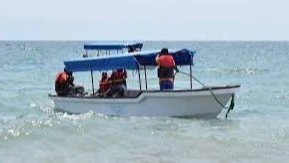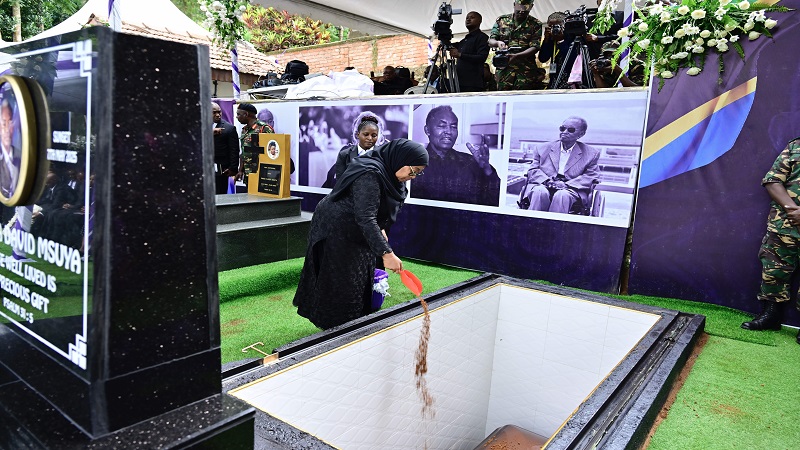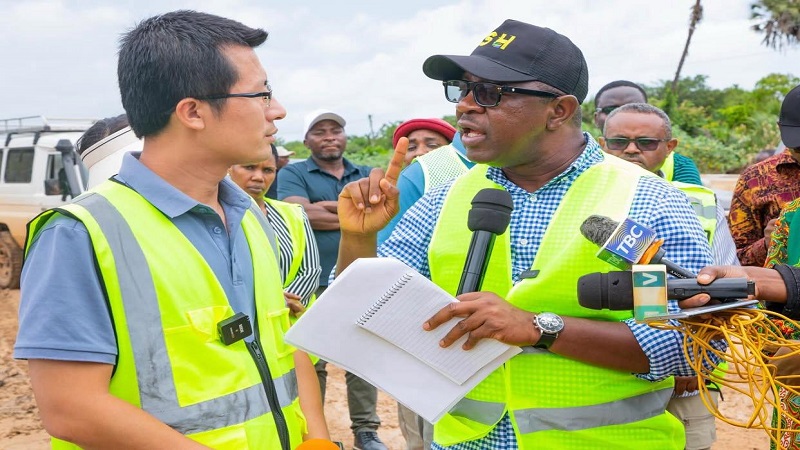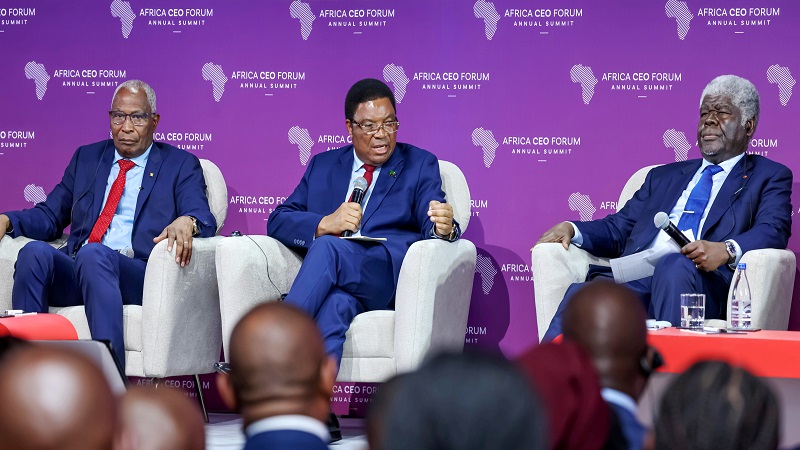MPs appeal for heavy investment in three main areas to uplift education
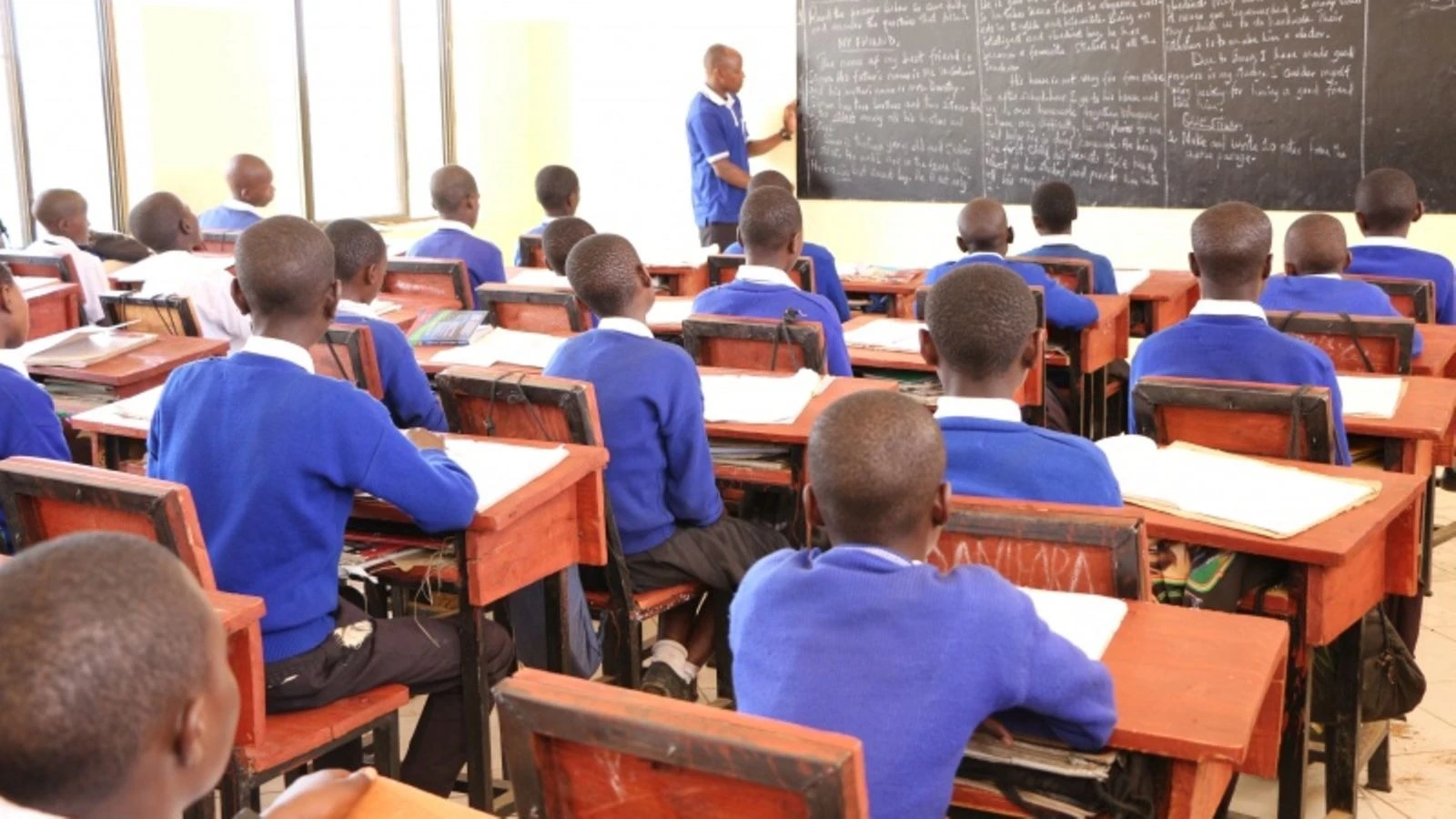
MEMBERS of Parliament have called on the government to intensify support for science education, language proficiency and vocational training to better prepare learners for the demands of modern economy.
During the ongoing debate on the 2025/26 budget estimates for the Ministry of Education, Science and Technology, Vwawa MP Japhet Hasunga (CCM) yesterday said that many learners fear science and mathematics because they are discouraged early on by being told that the subjects are difficult. He argued that this psychological barrier must be addressed from the foundational stages of education.
"Many schools lack physics teachers, not because they are unavailable, but because we have not trained enough of them," he said. "A strong nation cannot be built without science and technology. Rejecting science is like choosing not to live—we won’t progress without it."
Tarime Rural MP Mwita Waitara (CCM) echoed concerns over teacher capacity, saying many instructors are unfamiliar with the newly revised curriculum. He urged the ministry to conduct widespread retraining for all secondary school teachers.
Waitara also highlighted a pressing language challenge in the education system. "Pupils are taught in Kiswahili as a language of instruction throughout primary school but face an abrupt switch to English in secondary school," he said. "In my constituency alone, 1,539 Form Two pupils scored division 0 last year and 3,710 got division four. This is largely a language problem."
He argued that without English fluency, learners struggle to follow lessons, lose interest and eventually drop out. "It’s better to lack a math teacher than an English teacher. At least a community member can help with math—but if pupils can’t understand the language, they’re lost," he said.
Geita Urban MP Constantine Kanyasu (CCM) called for a review of recruitment exams for teachers, claiming that some volunteer teachers in his area—who have significantly improved school performance—were disqualified due to such tests.
Nominated MP Prof. Shukrani Manya stressed the need to ensure only well-trained teachers deliver the new curriculum. He also recommended that government loans be extended to Tanzanians pursuing postgraduate and PhD studies.
Calling for systemic reforms, Nominated MP Vuai Ali Nahodha said the current Form Five and Form Six education structure fails to produce competent people and needs a complete overhaul.
Singida Urban MP Musa Sima (CCM) presented five proposals, including boosting funding for technical education and addressing the severe teacher shortage, currently estimated at over 268,000. Although 14,000 teachers were recently employed, he expressed concern that they were being subjected to unnecessary examinations.
Special Seats MP, Dr Thea Ntara (CCM) welcomed the upcoming reforms in vocational education, which will focus more on continuous assessment based on pupils’ practical work at school rather than relying solely on final examinations.
The MPs’ proposals reflect a growing consensus that Tanzania’s education system must be realigned with the country’s development goals, particularly in producing a workforce equipped with science, technology, language and vocational skills.
Top Headlines
© 2025 IPPMEDIA.COM. ALL RIGHTS RESERVED








